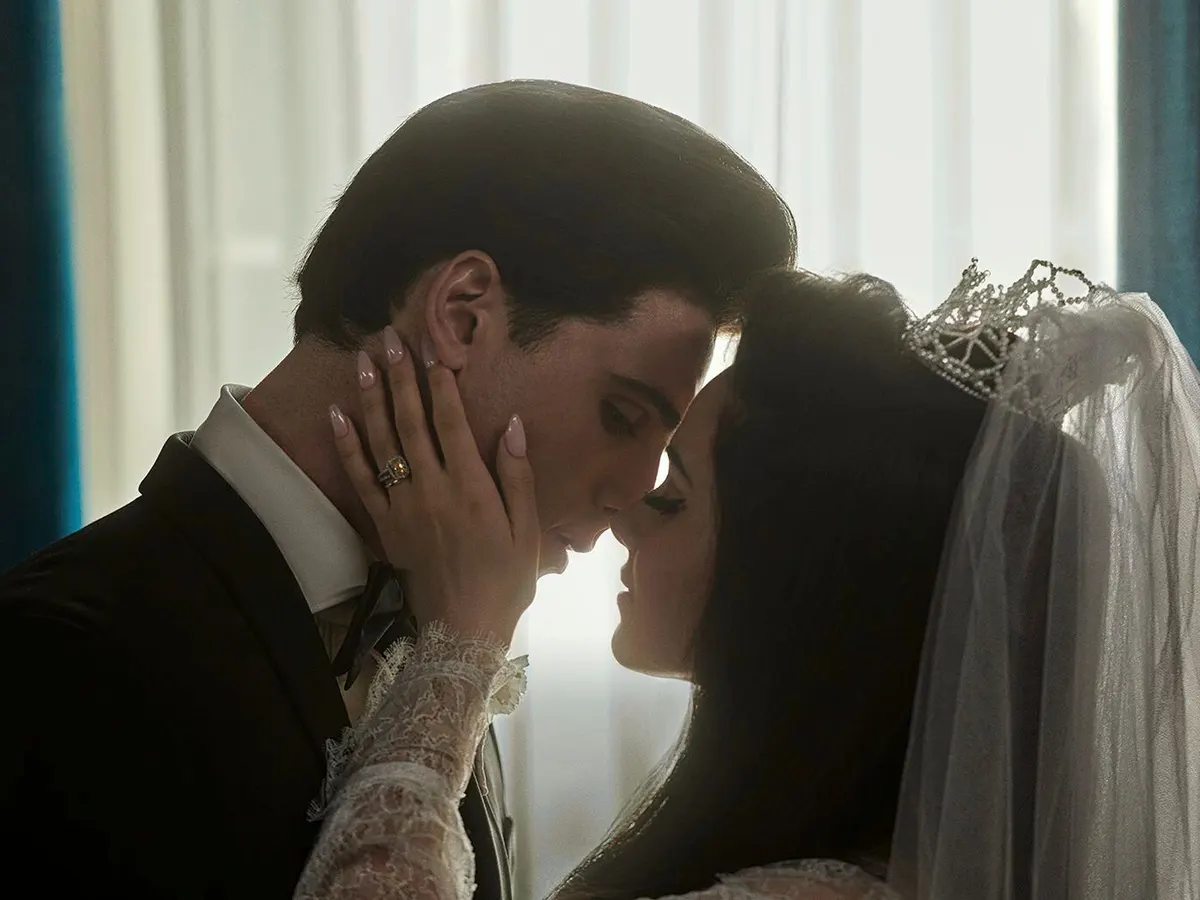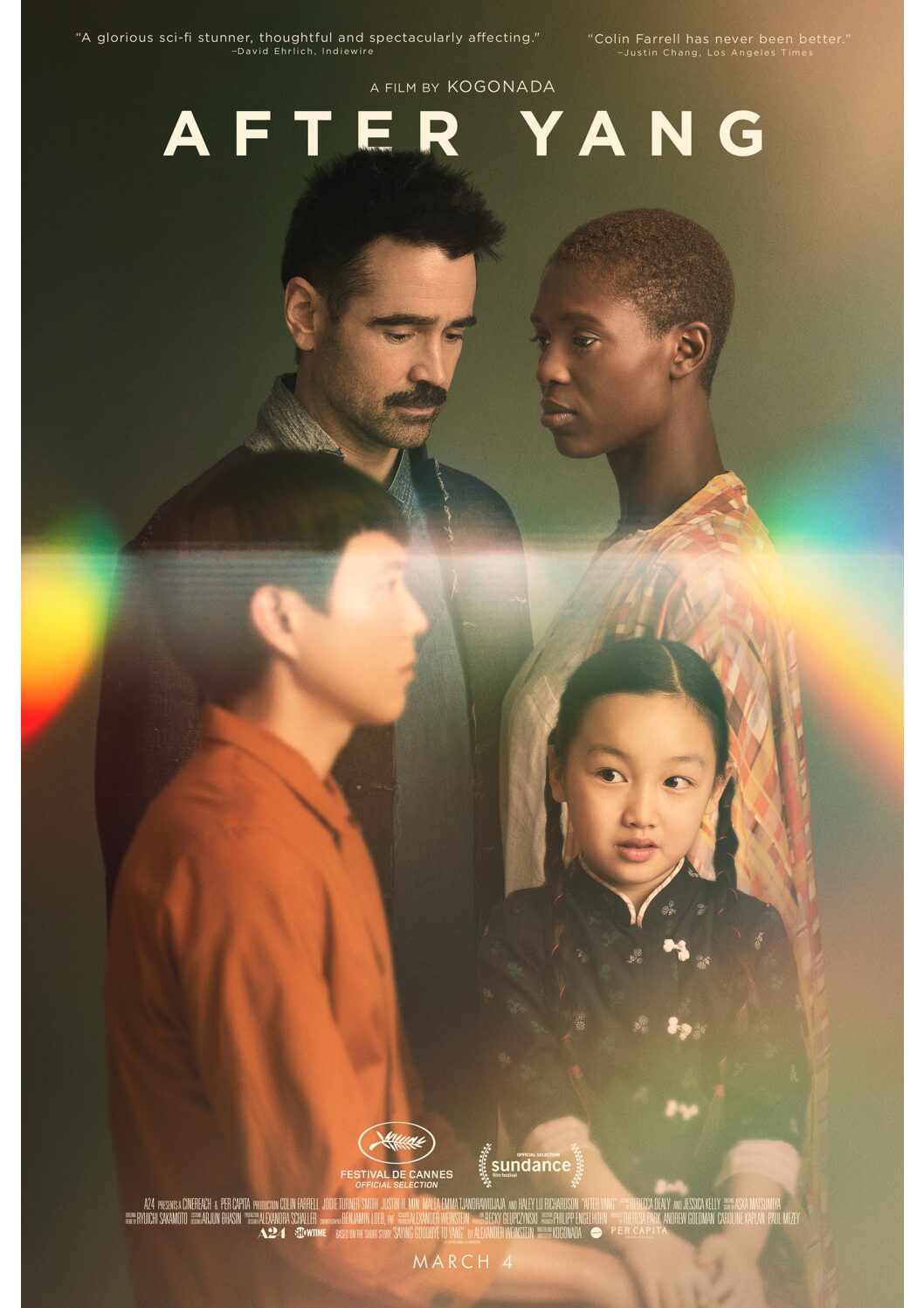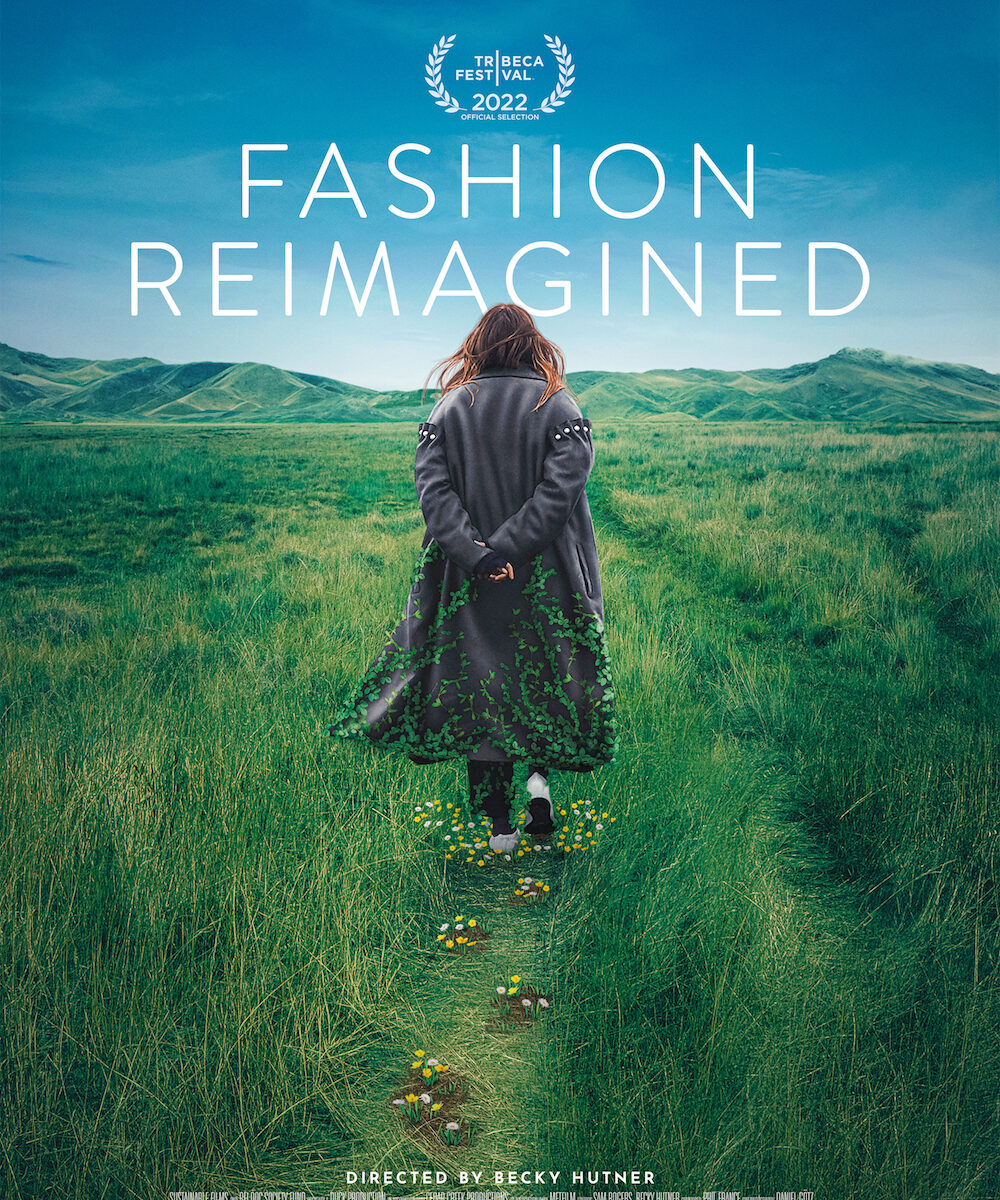‘What are you, a junior? Senior?’
‘9th’
‘9th what?’
‘9th grade”
Sofia Coppola’s ‘Priscilla’, based on Priscilla Presley’s book; ‘Elvis and Me’ explores the infamous relationship between Elvis Presley and his wife, Priscilla. We first meet a fourteen-year-old Priscilla who is approached by Elvis (twenty-four at the time) while he is stationed in Germany for military service. Coppola makes no attempt to shy away from the uncomfortable ten-year age gap and the evident power that Elvis held over Priscilla. We first meet Priscilla as a young, impressionable schoolgirl. Cailee Spaeny portrays Priscilla beautifully, first as the baby-faced schoolgirl, enamoured by the spectacle of Elvis. Later we see Elvis’ influence as well as his manipulation over Priscilla as he chooses her clothes, hair, and make-up, curating her into the perfect wife. In classic Coppola montage style, we are given a makeover scene with yet another iconic soundtrack. Priscilla is branded with her iconic winged eyeliner and dyed black beehive hairstyle. Priscilla essentially becomes Elvis’ doll, loitering around Graceland with beautiful outfits and perfectly styled hair and make-up, awaiting a call from Elvis while he is on set or having affairs with other women. It is evident that Elvis wants Priscilla to exist solely for him and be the perfect wife according to his way of life.
We watch the breakdown of the Presley’s relationship through a variety of tabloid headlines, articles, and letters. Coppola highlights the relevance of the celebrity spectacle, a common theme in Coppola’s filmography. The absence of Jacob Elordi’s Elvis in these key moments of marital breakdown highlights this importance of the “image” of Elvis as this untouchable, unattainable figure whereas the reality of the situation is clear as Priscilla attempts to navigate the end of girlhood and the start of womanhood with the supposed man of her dreams. Coppola navigates the subject of evolving from girlhood in a way that is almost universal to every woman watching Coppola’s films. Priscilla starts off as a teenage girl with a crush and a dream and ends the film with the courage to leave the life curated for her by a man who she knows is not right for her.
Elordi’s performance as Elvis is subdued yet powerful, capturing the essence of Elvis whilst allowing Priscilla’s narrative to be the one of importance. Other reviewers have suggested that Priscilla “destroys” Elvis’ reputation, I would argue that it simply shows the reality of the relationship between the couple as well as the difficulties of being one of the most famous couples in America. Coppola often plays with the subject of fame and the power it holds over her characters, showing both the highs and the lows.
Sofia Coppola’s Priscilla is a triumph, once again showing her incredible ability to capture the pain and beauty of girlhood and womanhood.





